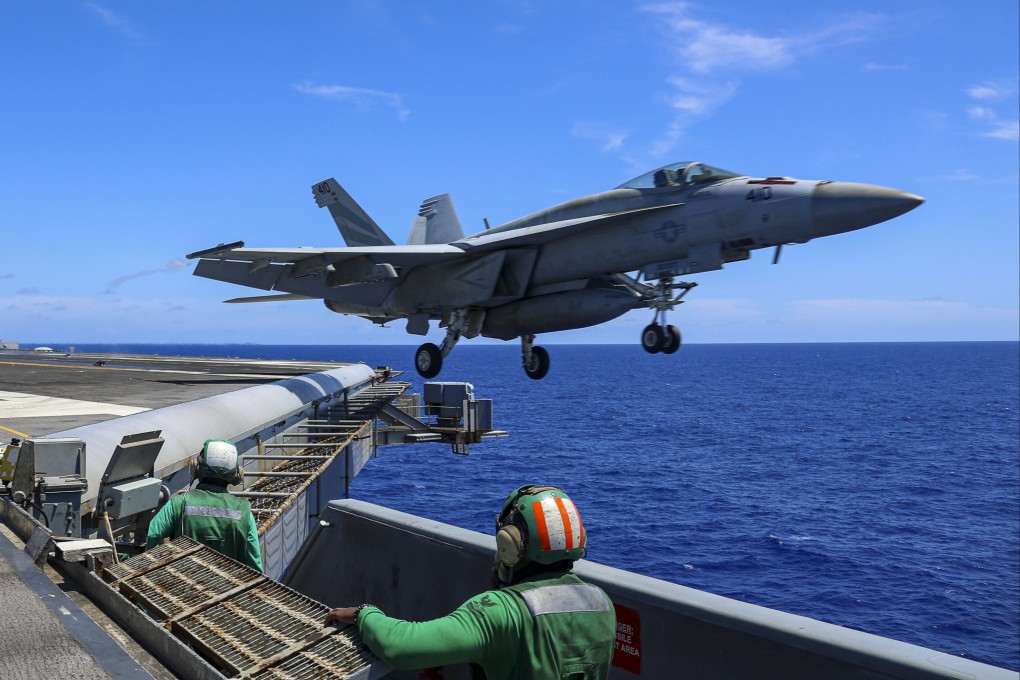Do US military bases bring violence to the Philippines – and possibly other countries?
- Chinese research focusing on the Philippines has found a link between the presence of US overseas military bases and domestic conflicts
- But experts have challenged the findings, saying the US presence has a minimal impact on the local political situation

But some experts have challenged their conclusions.
The research team from Tsinghua University in Beijing published a paper outlining their analysis in the Quarterly Journal of International Politics, a Chinese-language academic publication.
They found a link between the presence of the US military – quantified by the number and location of military bases in the Philippines – and potential conflicts within a certain geographical grid.
Four analytical models were developed to try to prove the hypothesis that “the possibility of politically violent conflicts in an area and its surrounding areas will increase if US military base(s) are present”.
Researchers also charted the frequency of political violence in the Philippines from 1989 to 2014 with changes in the number of US bases.